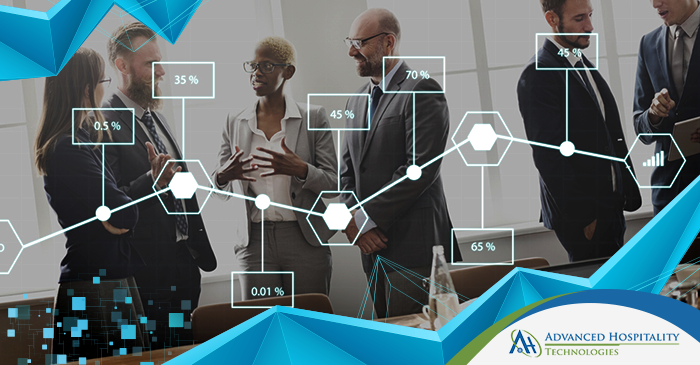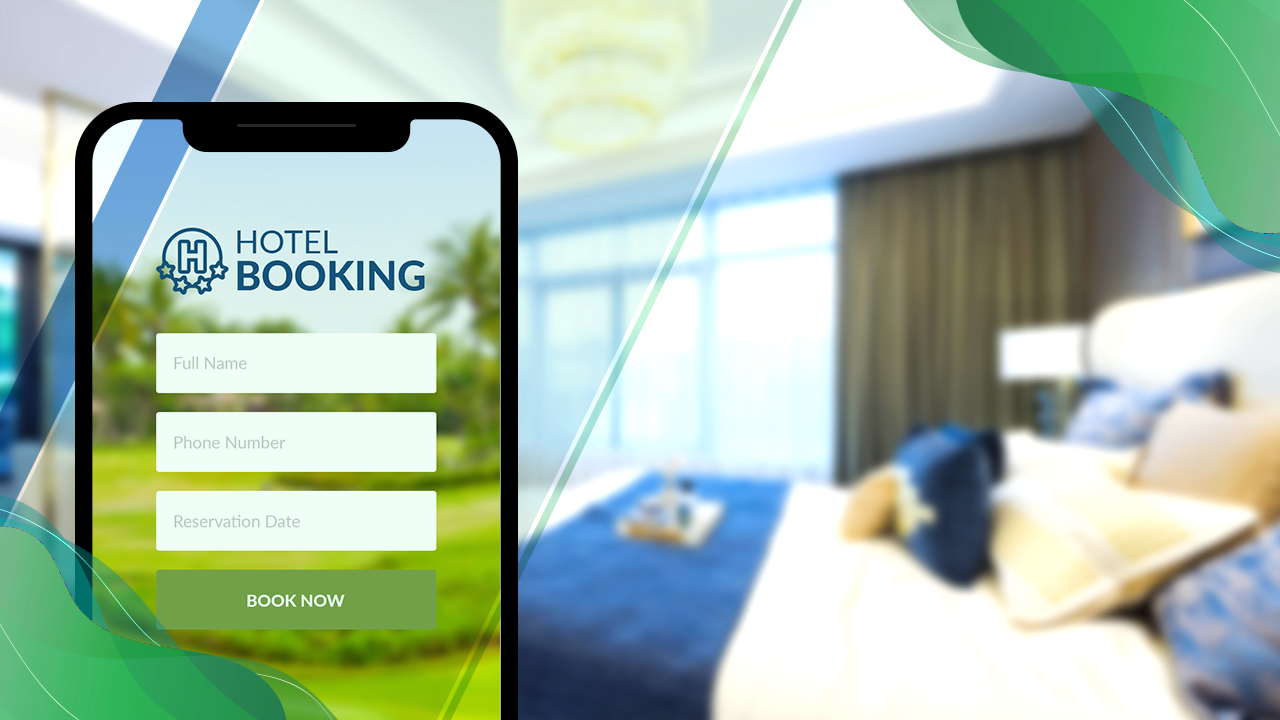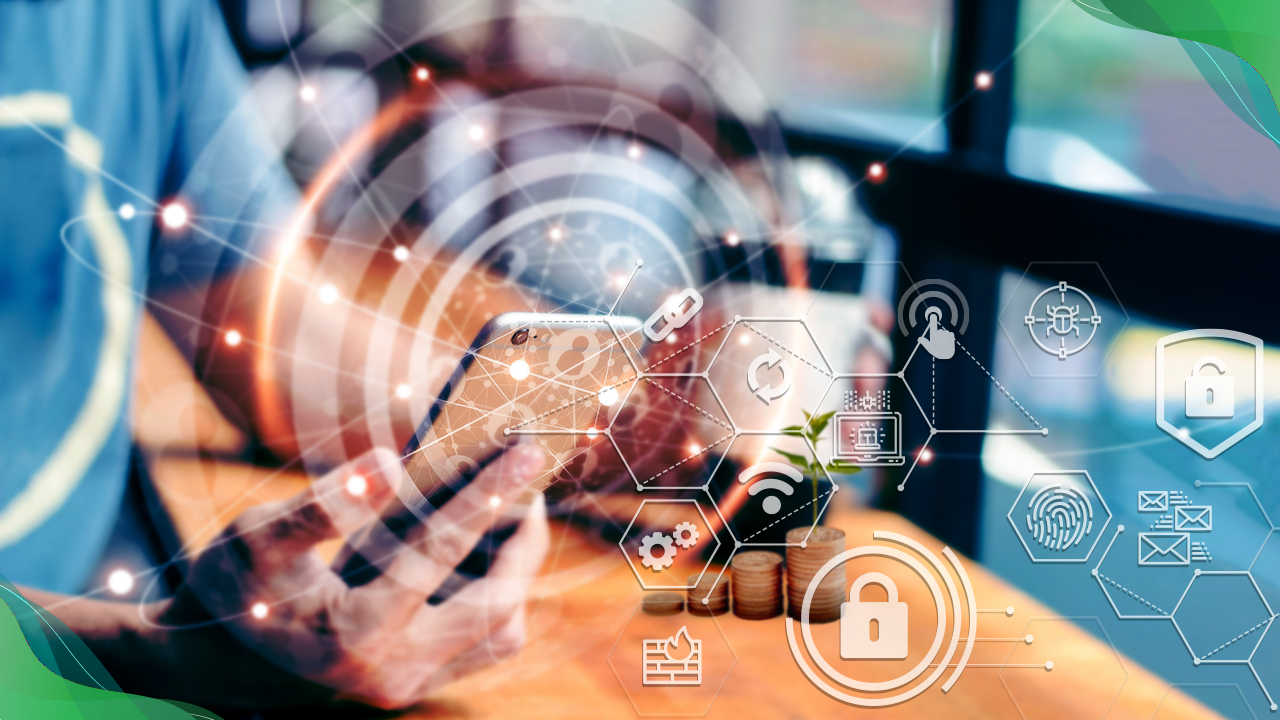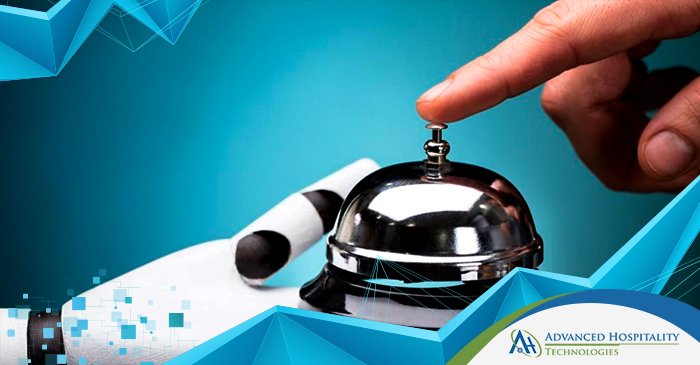In a highly evolved hotel industry where customers are highly connected, demand more personalization, and have increased expectations with tech, hospitality businesses need to rethink service delivery.
Ever since the 90s hotel owners have utilized data and I.T. solutions to enhance operational efficiencies at properties. In their research paper, Siguaw and Enz (1999), discuss that companies that effectively use technology will have the greatest impact on customer satisfaction.
Today, the research conclusions of Siguaw and Enz stand particularly true for US hotels. Almost 2 decades later, the applications of the technology are highly influential in determining the efficiency of hotel operations.
Revenue Management Systems
Revenue management remains one of the most diverse functions at hotels, let’s not forget the most complex. Every hotel needs a reliable and cutting-edge solution to constantly update room rates, analyze historical data, manage staff, and monitor in-house amenities for guests.
Modern cloud-based revenues management systems like Hotel Scienz are specifically designed to address modern-day hospitality business. These breakthrough revenue management software provide ready analytics, graphs, charts, occupancy stats, average room rates, pricing, inventory and much more.
Oracle’s ORMS RMS is a popular choice for hotels that operate with the Oracle Opera property management system. ORMS has the capability for data summarization, forecasting, and constant process optimization.
Revenue management systems can be crucial to determine areas of profitability and losses. In addition, RMS can also highlight possible areas of revenue and services that can be improved to add more revenue.
Marketing & Distribution
Technology has made marketing and distribution even easier for hotels today. There are more digital platforms to reach potential guests, post reviews, and advertise promotions. Airbnb for instance is one of the most attractive online distribution platforms for hotels.
Social media is also a massive resource for hoteliers to enhance distribution and reach even more traveller communities. Instagram has been a very popular channel for hotels to reach influencers, travellers, and potential guests. These technologies can provide partnerships, advertising, and direct customer engagement at zero cost.
Many hotels today also invest in dedicated mobile apps like those from Marriott, Hilton, Ritz-Carlton, etc. Mobile apps are a great opportunity for hotels to simplify the customer journey, and enhance revenue through various features. These apps are also a great way to monitor popular seasons for promotions, managing bookings, delivering quick check-ins, and providing guests with a centralized interface to contact staff.
Centralized Cybersecurity & Data Management
The significant developments in tech security and data science require hotels to have sound cybersecurity infrastructures and data privacy policies. While technology does enhance operations management in hotels, it does have its vulnerabilities.
With a multitude of technologies interacting and vast amounts of data flowing through hotel servers, it is essential to keep data warehouses and critical technologies protected. Cloud-based PMS & office systems can now be centralized to ensure seamless service delivery.
Hotel technology management companies can integrate highly compatible technologies that can sync together for a more effective infrastructure. However, it is essential that these technologies be secured using highly advanced threat monitoring systems.
Centralized data systems are essential for every global hotel group. Seamless synchronization of data is necessary to keep track of guests, their requests, their itineraries, and their experience at the hotel. Delivering services when guests most expect them and keeping staff readily informed on guest activities can lead to phenomenal guest experiences.
Mobility Tools
Mobility tools in hotels can be a brilliant idea to reduce staff fatigue and improve their performance. Since every person now carries a smartphone, it is just easier to authorize staff devices and synchronizing them to the official PMS. Staff can then prioritize processes, act immediately on guest requests, delegate tasks to robots, fulfil guest requests from where they stand and much more.
Mobility tools can also assist hotel managers to keep track of inventories, escalated complaints, back-office services, bookings, and amenities. They can also allow hotel managers to keep an eye on different technologies ensuring their smooth operations.
Conclusion
The advantages of technology for hotels are vast with owners also interested in the opportunities that tech brings to the industry. Technology provides hotels with the ability to address occupancy rates, seasonal demand, inventory, amenity usage, revenue optimization, technology health, and many other areas of the hotel.
Visit us again for updates on this article. Remember to bookmark our blog for professional insights, technology trends, hotel tech reviews, and new breakthroughs in hospitality tech.




